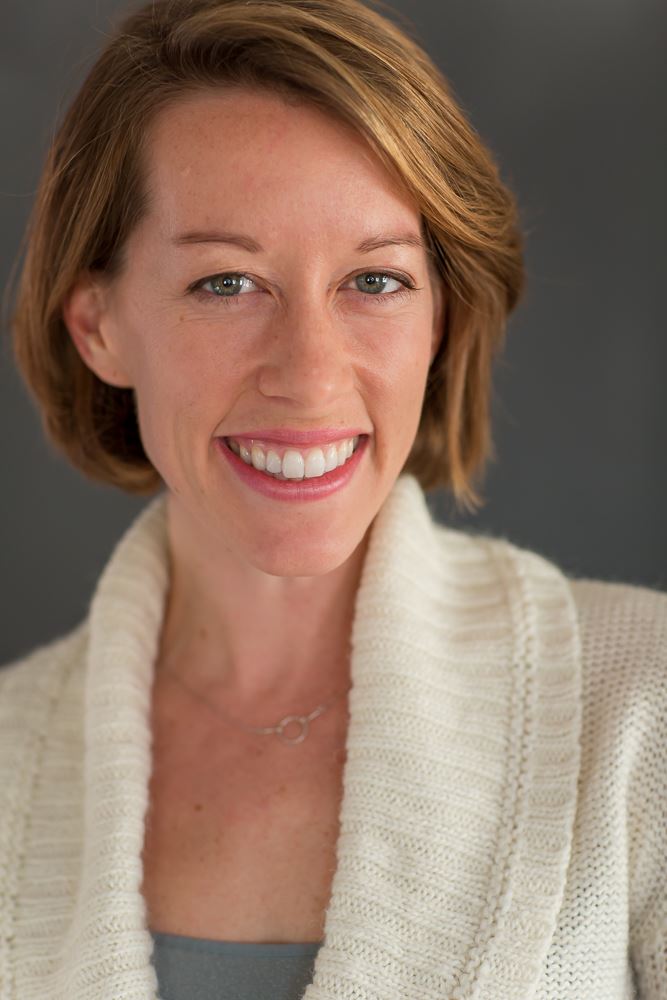
by Lisa Ferland
Pregnant expatriate women must often evaluate contrasting information and interpret well-meaning but confusing advice throughout pregnancy and into parenthood. There are, in fact, no internationally accepted norms: women around the world follow different medical recommendations during pregnancy and are given conflicting instructions regarding consumption of alcohol, caffeine intake, the level of daily exercise, the number of prenatal scans, blood tests, appropriate weight gain, and childbirth recommendations.
A pregnant woman in Turkey was refused ice in her water because Turks are superstitious about allowing any part of a pregnant woman's body to get cold. When local customs differ greatly from what you are accustomed to, you tend to dismiss them as unnecessary. However, most of them can be traced back to cultural traditions or beliefs. Expat mothers may not understand the history behind the pregnancy recommendations, but I'm sure there is a reason. Right?
Often, your doctor or midwife's best advice is, " you should listen to your body." In the book, What to Expect When Expecting, the main theme is something like, "Every woman is different and what is normal for you is totally normal," (I'm paraphrasing, of course). With fluffy feel good self-affirming recommendations, you realize that there is no hard evidence behind the majority of pregnancy recommendations. As the Dutch say, "Just act normal—that's crazy enough."
For the expat woman, absorbing numerous pregnancy recommendations based on cultural norms can lead down a complicated maze of decision making. "Should I do things the way my mother did them back "home" or does my local country have a better approach?" Unfortunately, there's no way of knowing, and that uncertainty can lead to increased stress and anxiety which is not good - the one recommendation that all countries do agree on is the importance of reducing maternal stress.
Birthing practices around the world also differ, ranging from highly medicalized approaches to low-intervention, home birth or midwife-driven practices. Cesarean section rates can be used as an indicator for the level of medical intervention. Turkey has the highest C-section rate of 50.4/100 live births and the Netherlands with the lowest of 15.6/100 live births (2).
So, given the variety of practices and definitions of is normal, what is an expat mother to do? Should she dunk her baby's umbilical cord in a warm bath every night as her Thai doctor instructed or keep it dry and swab it with alcohol as her US doctor directed? Does it even matter? For the majority of healthy pregnancies, the answer is no. These recommendations that are not based on scientific evidence are cultural guidelines. If you experience medical complications during your pregnancy, then you want to feel comfortable that your medical team can provide the appropriate level of care for you and your baby.
To prepare for having a baby abroad, conduct a lot of research and have conversations with other women about their experiences with giving birth in that country. Every woman's experience, even for the woman herself, will be different with every child, but it is good to collect a wide range of stories to prepare yourself for what might happen. Ask questions and take pregnancy recommendations with a grain of salt. The more we learn about what other women deem "normal" during pregnancy, the less we need to be concerned that we are doing something wrong. There is no perfect approach to pregnancy and childbirth, and each woman is unique.
Don't let the nine full months of pregnancy be a time of stress, worry, and anxiety as you navigate this vulnerable time abroad. Keep asking questions, mentally preparing, and rubbing that belly. Just be sure you don't let your Turkish neighbors see you eating ice cream lest you risk their wrath.
For more stories about pregnancy, birth, and childrearing abroad that challenge preconceived notions about motherhood, be sure to read 26 women's stories in Knocked Up Abroad Again. Currently only available on Kickstarter.
Lisa Ferland is a public health consultant, writer, editor, publisher, and mother of two adorable children. She has lived in Sweden with her husband and two children who enjoy picking blueberries and mushrooms in the forests. Read more at Knocked Up Abroad.


